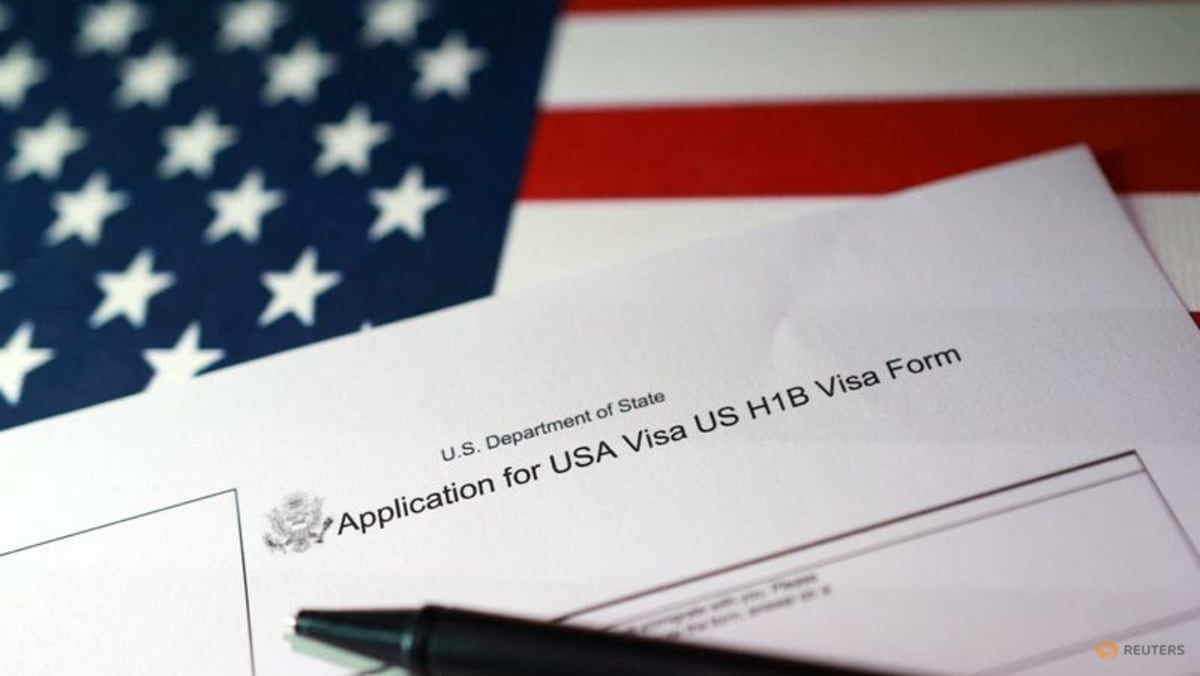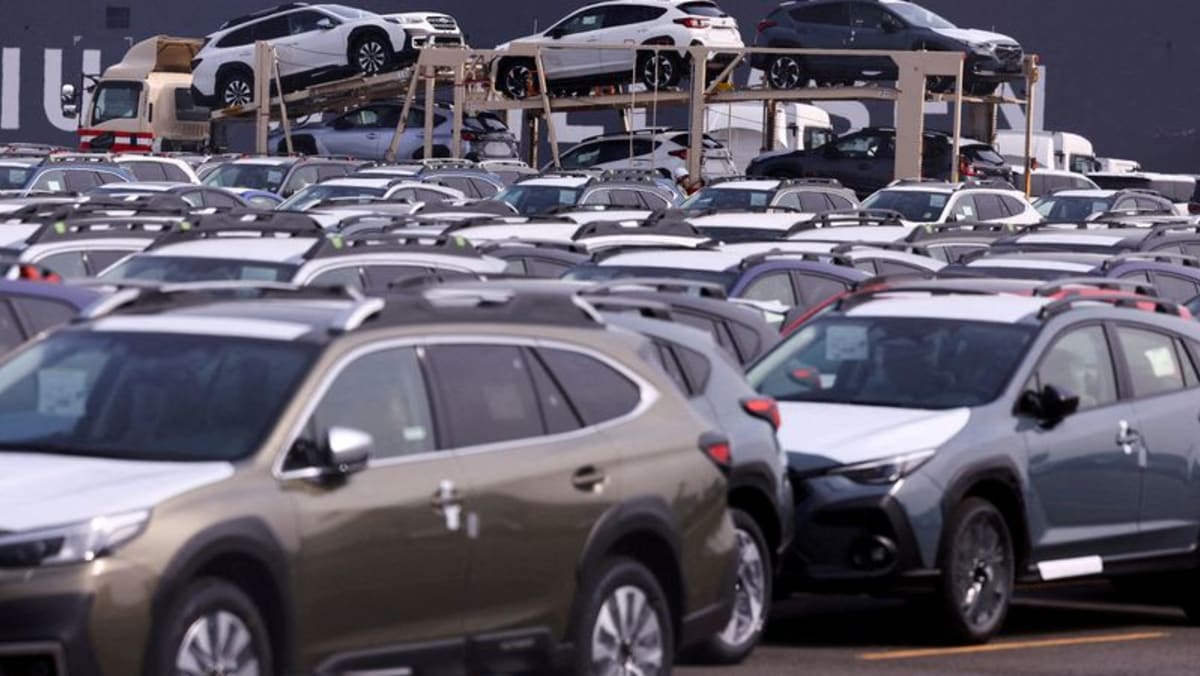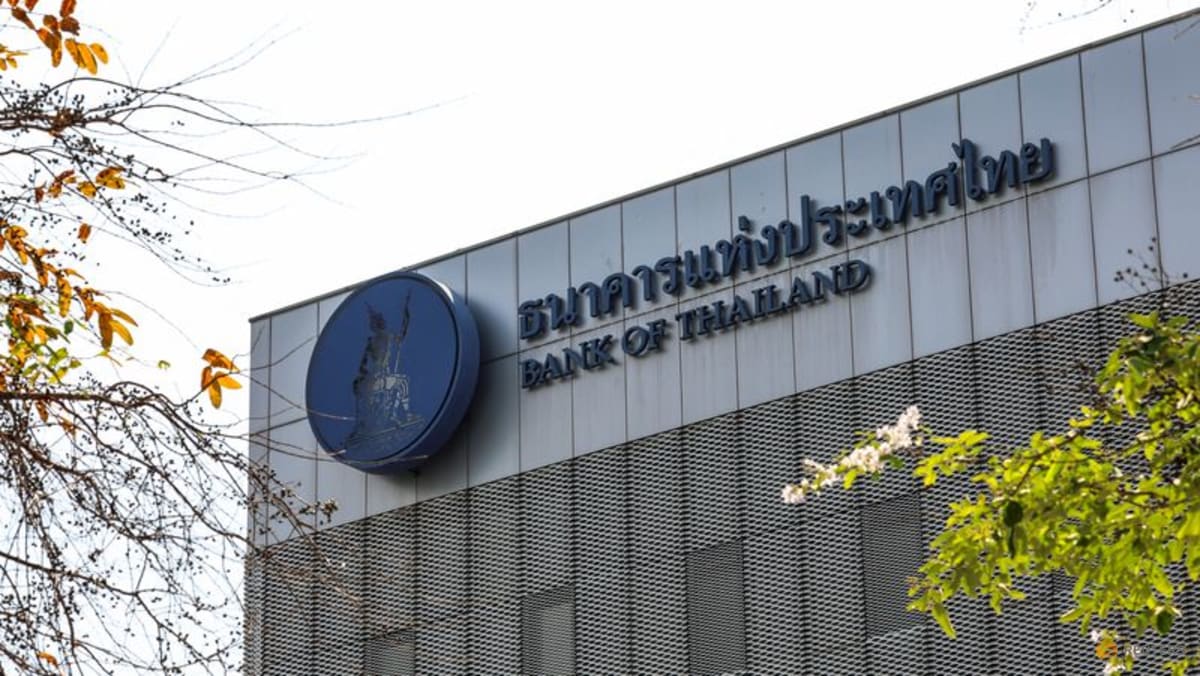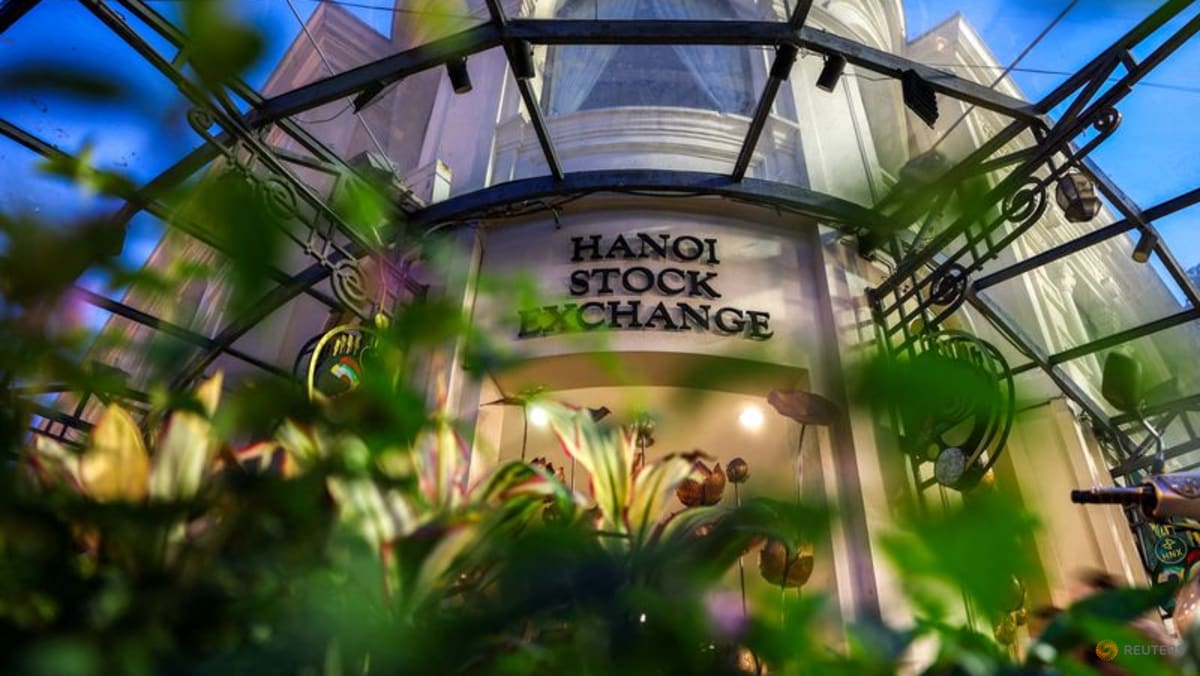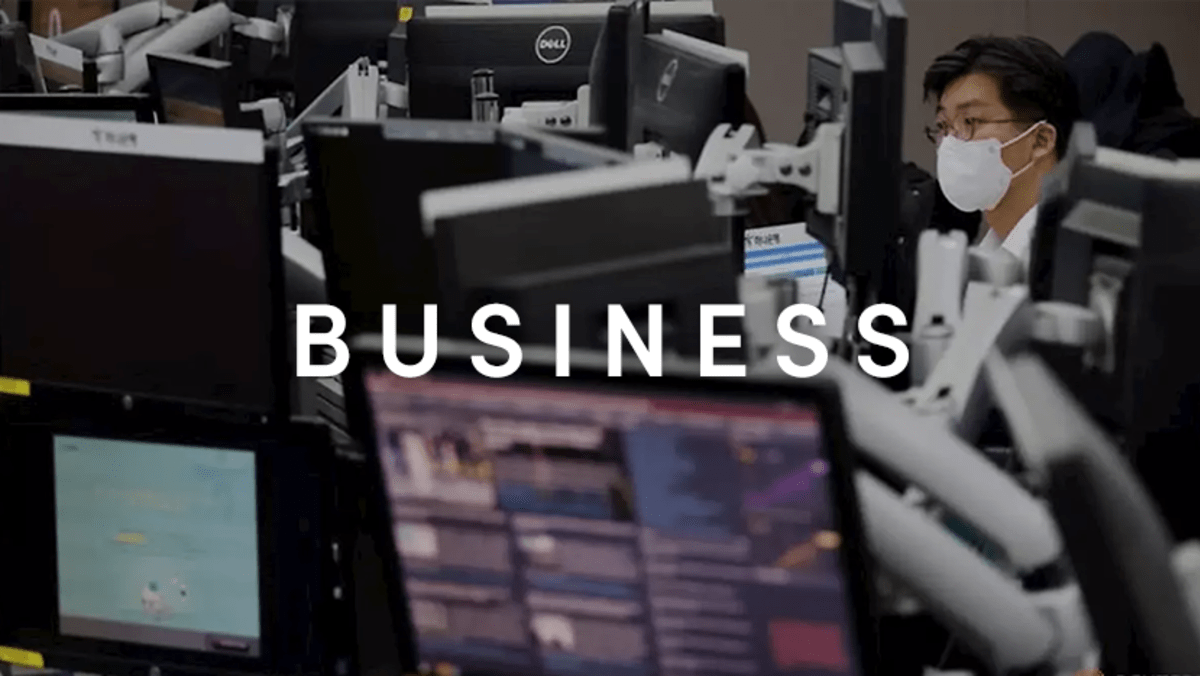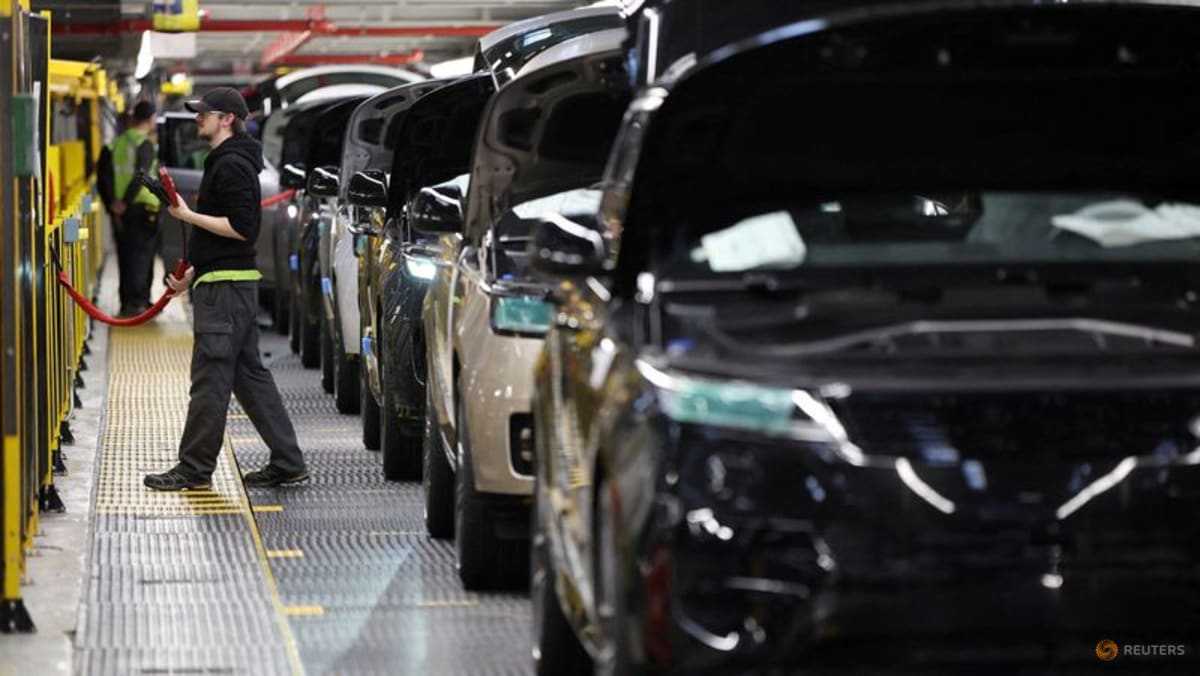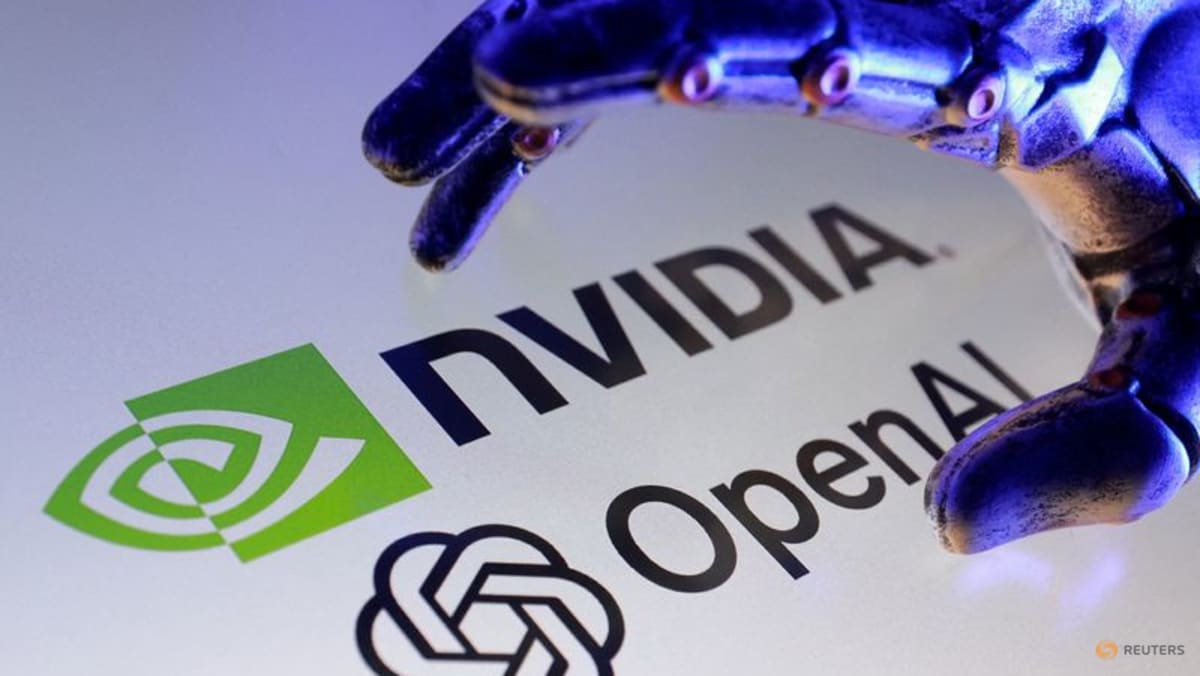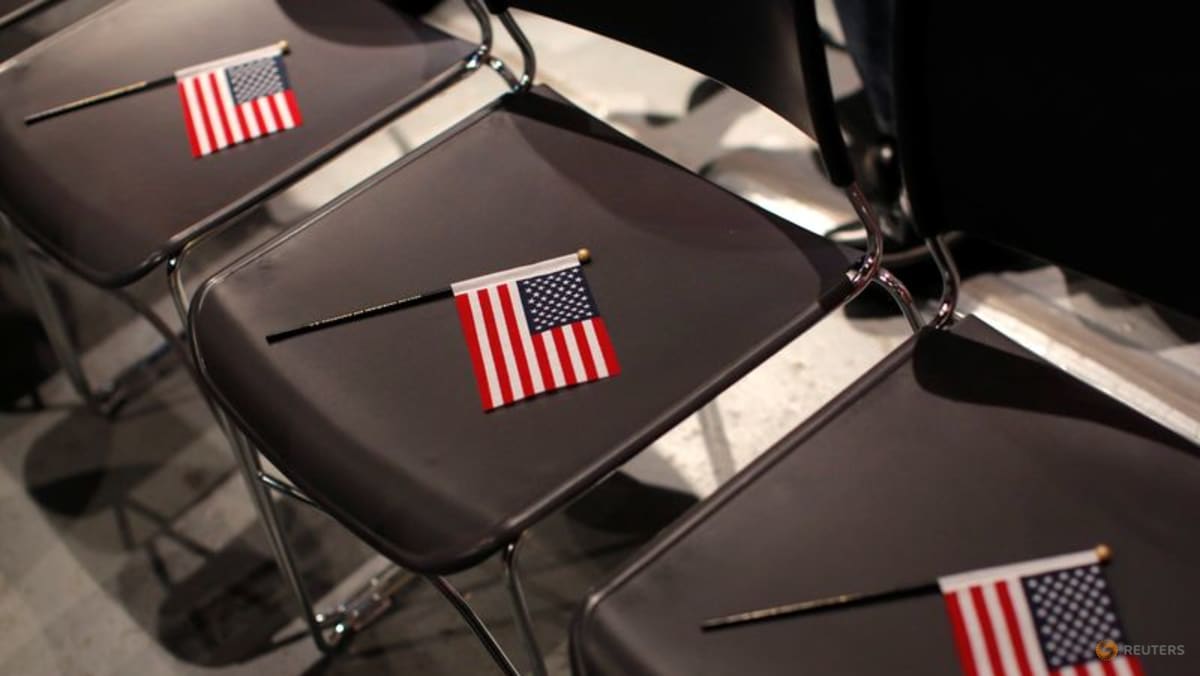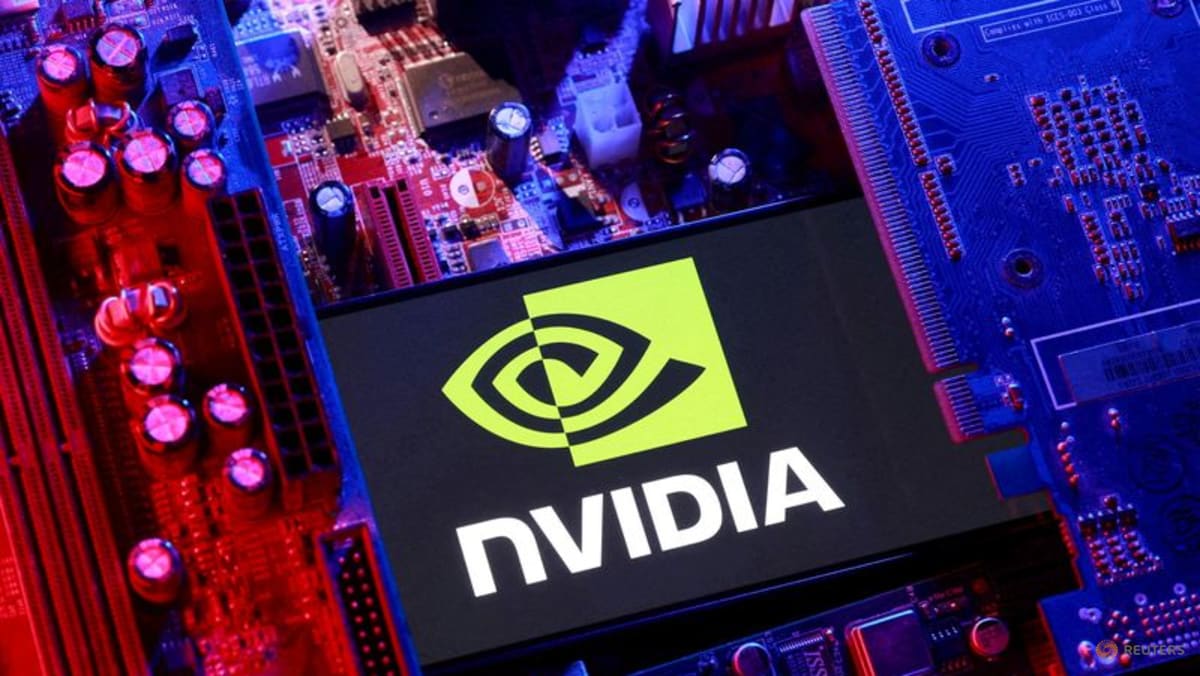DETROIT :Shares of General Motors, Ford Motor, and Jeep-maker Stellantis, some of the biggest automakers in the U.S., rallied on Wednesday after news of a trade deal that will reduce tariffs on imported Japanese cars, as investors saw it as a sign of more deals to come.
But the companies are not celebrating.
Automakers importing vehicles into the U.S. from Japan now face a 15 per cent levy, according to terms of the deal outlined on Tuesday by U.S. President Donald Trump, down from 27.5 per cent.
GM shares rallied 9 per cent and Stellantis rose 12 per cent, as market watchers said they anticipated further agreements could reduce other trade barriers that have hurt the companies’ profits.
Ford shares rose about 2 per cent. The automaker is less exposed to tariffs because it produces more of its U.S.-sold vehicles domestically.
On Wednesday, the European Union and United States were nearing a trade deal that would also set a 15 per cent tariff on European imports.
GM, Ford and Stellantis have been paying up to 25 per cent on vehicles imported from Mexico or Canada, depending on how much U.S. content is in the vehicles. The companies are concerned they could soon be paying higher tariffs on vehicles assembled in Mexico or Canada than on vehicles with significantly less U.S. content made in Japan or the United Kingdom.
Some lobbyists also expressed alarm that if South Korea strikes a similar deal with the U.S., it could become a low-cost market to assemble cars and trucks.
“They could be the new Mexico,” one lobbyist told Reuters.
The American Automotive Policy Council, which represents the Detroit Three, criticized the deal, saying it creates an easier path for Japanese imports than for some cars built in North America.
Even before Tuesday’s deal, Detroit automotive executives raised concerns that Trump’s trade policy could end up giving an edge to foreign automakers who do not invest as heavily in U.S. manufacturing.
“This is a bonanza for our import competitors,” Ford CEO Jim Farley said in February, when Trump initially proposed levies on Mexico and Canada, but not on major automotive centers such as South Korea.
The United Auto Workers union, which represents workers at the Detroit Three automakers, said it was “deeply angered” by the deal. “What we’ve seen so far makes one thing clear: American workers are once again being left behind,” the union said in a statement on Wednesday evening.
The Japan trade announcement came the same day General Motors said tariff costs knocked $1.1 billion from its bottom line, hurt by a battery of levies including 25 per cent taxes on imports from Canada and Mexico, and 50 per cent on steel and aluminum imports.
Industry consultant and former GM executive Warren Browne said the Japan deal “put all vehicles produced in Mexico and Canada by the Detroit Three at a disadvantage” because they face higher levies than Toyota vehicles shipped in from Japan, for example. That could allow the foreign brands to undercut U.S. car companies on price.
Toyota, Subaru and Mazda are among the most reliant companies on Japan-produced vehicles for their U.S. sales, and stand to benefit most from the lower tariffs, according to business-analytics firm GlobalData. Toyota imported roughly 500,000 vehicles from Japan last year.
Japanese automotive stocks soared after the trade deal announcement.
Autos Drive America, which represents those Japanese automakers along with other foreign car companies operating in the United States, on Wednesday praised the trade deal, saying it would lead to further factory investment in the U.S.
Treasury Secretary Scott Bessent warned, however, that non-compliance by Japan on the trade agreement would result in a return to the higher tariff rate.
“We’ll evaluate (compliance) every quarter and if the president’s unhappy then we’ll boomerang it back to the 25 per cent tariff rate, both on cars and the rest of their products,” he said in an interview on Fox News.
“And I can tell you that I think at 25, especially on cars, the Japanese economy doesn’t work.”


